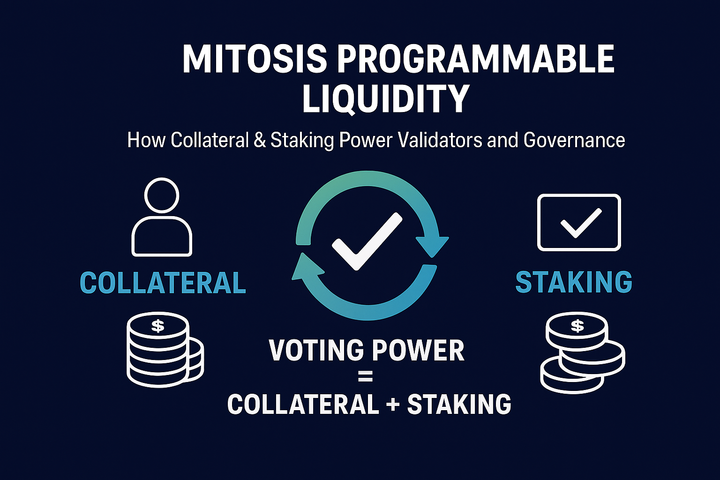Rethinking Financial Strategies: A Long-Term Perspective on Inflation and Investments

Original thread - https://x.com/0x_Kun/status/1950182767628865711
Kun - https://x.com/0x_Kun
Part 1. Moving from Microanalysis to a Macro View
Many investors and analysts spend a tremendous amount of time dissecting market details, trying to predict short-term fluctuations or forecast what will happen tomorrow.
However, in reality, this is often a waste of time. What’s more important is understanding the broader trends and principles that govern the economy.
For example, the strategy of diluting debt through inflation is not a clever trick or temporary gimmick but a systemic mechanism
Part 2. Inflation as a Tool for Managing Debt
When it comes to reducing debt burdens, many believe that strict discipline and austerity are the only ways. But reality shows that most countries use inflation as their primary tool for decreasing real debt levels.
By increasing the money supply and encouraging rising prices, governments effectively “dilute” debt owed to creditors.
This approach isn’t always pretty or fair, but it’s effective from a macroeconomic standpoint. It’s crucial to understand that the debt-to-GDP ratio can be lowered not only through spending cuts or tax hikes but also via inflation-driven growth.
In economics, inflation is an increase in the average price of goods and services in terms of money.
Link:
What is Inflation - https://en.wikipedia.org/wiki/Inflation
Part 3. Simplicity vs. Complexity: How to Properly View Markets
Many analysts are immersed in complex models and forecasts—will there be a recession? How will unemployment change?
Which sectors will win or lose? But often, things are much simpler: the key is understanding the strategy of “diluting” debt with inflation and sticking to it.
There’s no need to overcomplicate life with constant attempts to predict short-term market movements or time entries and exits.
Instead, focus on long-term investing: buy during dips and hold your assets.
What is a market dip?
When talking about stocks, commodities, exchange-traded funds (ETFs), or any financial asset, a “dip” is a drop in price. Maybe a stock that was trading for $100 per share, for example, is now at $95 or even lower. That's the dip. It's really that simple. It's also quite tricky.
Part 4. Long-Term Assets and Investment Horizons
If you still dream of accumulating dollars or other currency assets, you’re stuck in the past—caught up in short-term speculation and trying to “catch the moment.”
True alpha is achieved through investing with at least a 10-year horizon: adding solid assets that are resistant to inflation and holding them.
Funds are forced to operate quarterly, but you have the opportunity to look further ahead—because only a long-term approach can help you overcome market volatility.
Part 5. Volatility as Movement, Not Risk
Volatility is often perceived as risk—but this is incorrect. It’s simply price movement between two points. If you understand this principle correctly, volatility ceases to be frightening.
Reliable assets include Bitcoin (BTC), gold, and large monopolies—because their services will remain in demand regardless of currency denomination or economic conditions.
Bitcoin is a cryptocurrency, a peer-to-peer digital currency that operates independently of a central governing authority. Bitcoin enables direct transactions between users, secured by cryptographic technology and recorded on a transparent and immutable ledger known as the blockchain.
Real estate should be viewed mainly as a means for personal consumption rather than an investment tool for profit.

Conclusion
Rethinking your approach to investing is key to success in today’s economy. Recognize the importance of a long-term horizon, understand how inflation mechanisms work, and avoid falling into short-term speculation traps.
With this mindset, your assets can not only preserve their value but also grow despite market volatility.
Useful Links
🌐 Website: https://mitosis.org
📖 Docs: https://docs.mitosis.org
🐦 Twitter / X: https://twitter.com/MitosisOrg
💬 Discord: https://discord.gg/mitosis



Comments ()